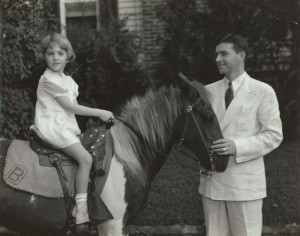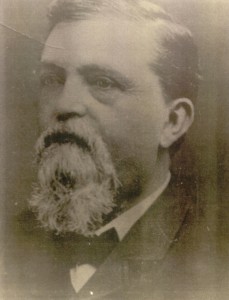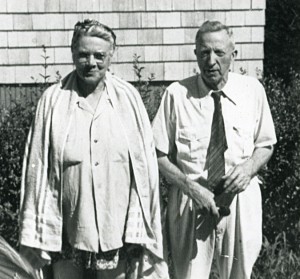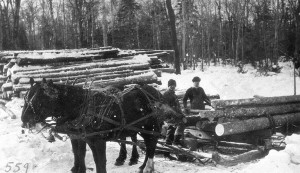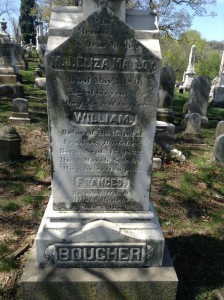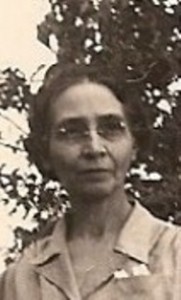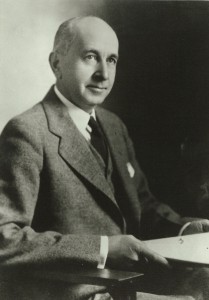[Author’s note: This post originally appeared in Vita Brevis on 3 September 2014.]
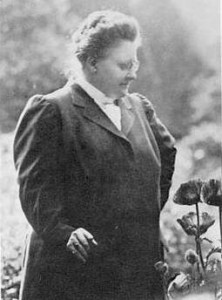 When I started out as a genealogical writer, I followed the model of genealogies published earlier in the twentieth century. The genealogical world they depicted was an orderly one, with generation after generation born in one place, married in another, and buried in a third. The greatest dramas I faced in writing my first book (The Sarsaparilla Kings, published in 1993) concerned cousins who deplored the information I had uncovered on their brief first or second marriages, information they were reluctant to see in print. Continue reading ICYMI: Genealogical complexities
When I started out as a genealogical writer, I followed the model of genealogies published earlier in the twentieth century. The genealogical world they depicted was an orderly one, with generation after generation born in one place, married in another, and buried in a third. The greatest dramas I faced in writing my first book (The Sarsaparilla Kings, published in 1993) concerned cousins who deplored the information I had uncovered on their brief first or second marriages, information they were reluctant to see in print. Continue reading ICYMI: Genealogical complexities

